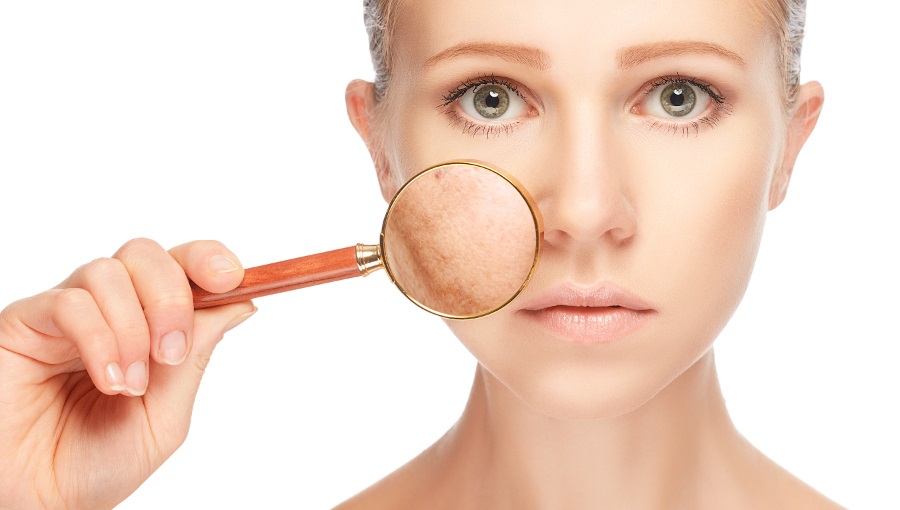
Capillary skin manifests itself by dilated and broken blood vessels. Although it has a genetic basis, it can get worse by inadequate care and diet and excessive sunbathing. How to recognize a capillary complexion and how to condition it?
How to determine capillary skin?
The capillary skin is very sensitive. It is manifested by the occurrence of red spots on the skin and “spider veins” around the nose and unexpected erythema on the cheek. The capillary skin is thin, therefore it reacts quickly to changing external factors, especially weather conditions, such as wind, frost, sun or humidity. If, after entering the heated room, your vessels immediately become visible, you have a capillary complexion. The most difficult period for people with capillary skin is winter. It is worth noting that vascular skin is not a disease, but only a congenital feature characterized by a shallow placement of blood vessels. Nevertheless, it is worth treating it because it may lead to rosacea.
How to take care of capillary skin?
Capillary skin should be protected against UV radiation throughout the year. In spring and autumn lower filters are enough, and in summer and winter, you should have at least SPF 30. In cold and windy days, you need to remember about a rich cream that will protect your skin against the effects of adverse weather conditions. Do not forget about soothing the skin. For this purpose, it is worth reaching for cosmetics enriched with ingredients responsible for soothing, calming and moisturizing. Equally important to bringing relief is to strengthen and reduce the fragility of blood vessels. In this case, creams that make the capillary walls flexible and reduce swelling will work best.
Capillary skin – cosmetics
Cosmetics designed for capillary skin care should contain the following ingredients:
- sea algae,
- arnica,
- chestnut,
- yarrow,
- silicon,
- Japanese ginkgo,
- marigold,
- witch hazel,
- rose oil,
- chamomile,
- vitamin C,
- vitamin K,
- green clay.









Leave a Reply